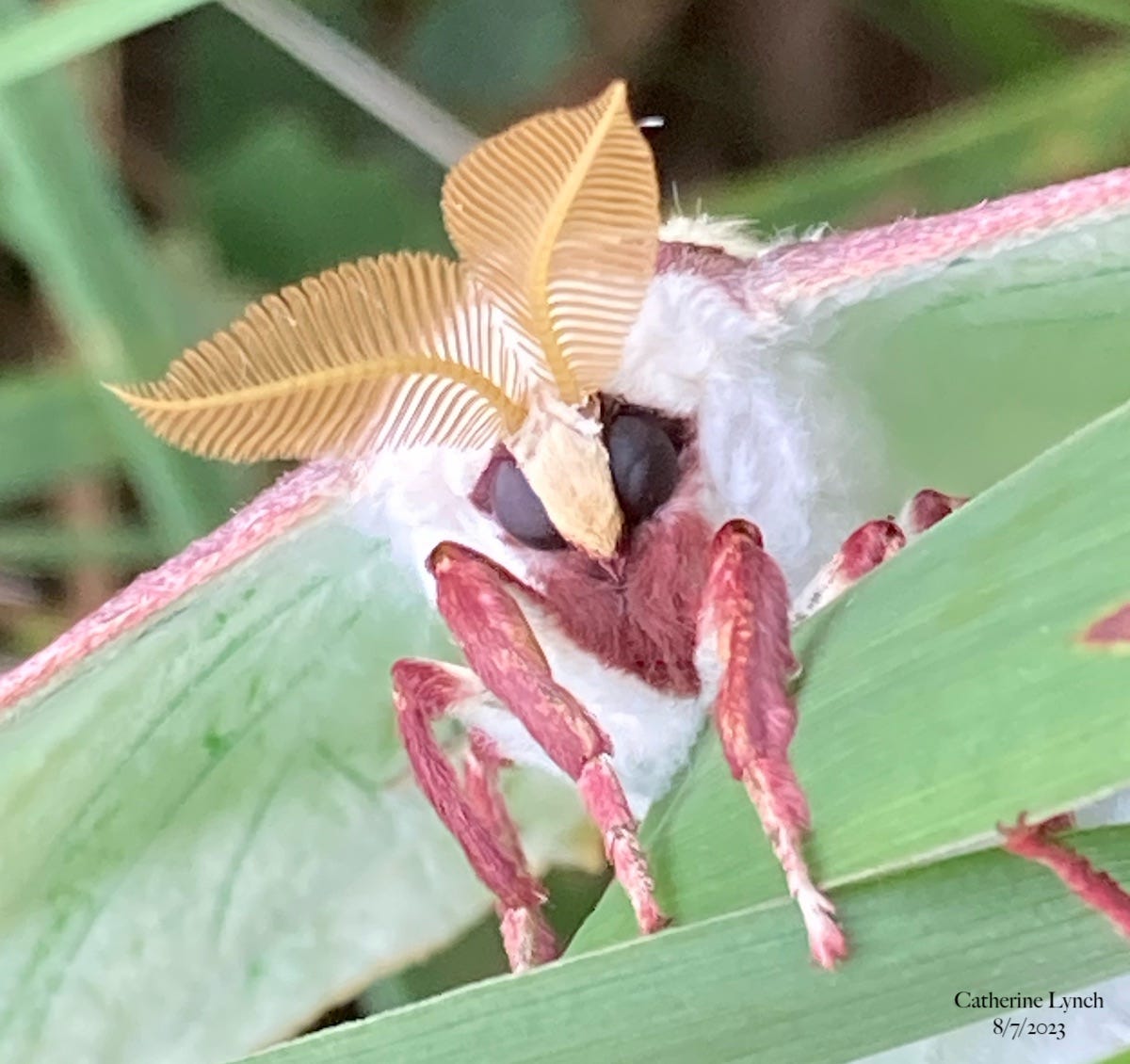Parenting Matters #77
By: Catherine Lynch and Glenn Collins
Dear awesome parent,
The kids are back in school! That means your littles are exposed to older kids who know (or think they know 😳) about sex. And your middle and high school kids… well, their hormones are in full swing, so consider this your reminder to start (or continue) that convo about how babies are made and how not to make them.
TL;DR: Hormones, curiosity, and feelings lead to sex. When you talk to your kids about sex, you have the power to shape what they know, (ie, the truth) how they think about it (ie, your family’s values) and how to avoid unwanted pregnancies. Hint: start the convo with bunnies 😃
Want your kid to not get pregnant (or get someone pregnant) in high school? Want your kid to have a healthy relationship with sex? Want your kid to get their sex ed from you, not the internet? Here’s a simple strategy that works: talk to your kids about sex. Early and often. This doesn’t mean having “the birds and the bees” talk once and calling it done. It means ongoing age-appropriate nonjudgemental conversations. Find out what they already know. Follow their lead. Answer their questions in ways that are appropriate for their age.
As a parent you’re incredibly influential in helping your kids form their worldview and values. That influence is maintained and even magnified when you talk to your kids about important topics that can alter their life path like sex and pregnancy. Our kids will learn about sex one way or the other, and if they aren’t getting their information from us, then where? I think we all know: peers, porn, and TikTok. And we all know how accurate those are…🤣
When our kids have our input they make better choices.
The bottom line is, our kids are likely to make better choices when they hear the truth, in small, non-lecturing doses, over and over from us, adults they trust. When they don’t have to figure it out themselves, or trust what they see online.
So, how do you start the dialogue?
Take your kids to visit your friends who are pregnant and/or have new babies. Get ready for questions like “How did the baby get in there?” and “How will the baby get out of there?” Don’t have any pregnant friends? Show them photos of you when you were pregnant.
Give them opportunities to observe and ask questions about animal moms and dads and their babies.
Use situations from movies and TV shows you’ve both watched as conversation starters - there’s no shortage of sexualized content. Ask qustions like “What do you think those characters were thinking and feeling? What were they doing? Why did they do that?”
Find age appropriate books and videos online or at your local library or bookstore. These can provide an easy way to start the conversation.
Ask your kids what they already know, what they’ve heard, and what they think. Listen more than you talk and try to withhold judgment. The more back and forth there is, the more their brains are engaged with the topic. These conversations might be a bit awkward at first, but with practice they’ll get better.
Still squeamish about talking to your kids about sex?
Consider this statistic from Common Sense Media’s recent report on teens and online porn:
“43% of teens say that online porn gives “helpful” information about sex.”
If you want your kid to have an accurate understanding of the kind of sex real people have, not the kind porn portrays, give your kid the “helpful information about sex” yourself. Otherwise they’ll probably get it from porn and assume what they see is normal. Gentle reminder: Porn is part of the entertainment and as such doesn’t accurately portray real life.
Here’s the link to the full report: Teens and Pornography
Pro tip: Side by side conversations while you’re doing something else are much less awkward than face to face discussions. 😅
Your home challenge:
Talk to your spouse or parenting partner about what you think your kids know, how you can encourage them to ask questions, and how much you want to tell them. Decide what language you’re going to use and take turns role-playing. One of you pretends to be your child asking questions, and the other answering the questions.
Take stock of what words, phrases, and euphemisms you already use when talking to your kids about sex or their bodies. Childhood educators recommend you use correct names for body parts to make the words less loaded/easier to talk about.
Create opportunities for your kids to ask questions about where babies come from or start a conversation yourself. It doesn’t have to be a long conversation. With younger kids, you can start with animals instead of humans. One of our neighbors has baby bunnies, so it’s easy for her to start those conversations.
Luna Moth/Here’s looking at you
If you look carefully, you can see the foreleg of the other Luna Moth in the lower right of the photo. Any idea what these two were doing? 😉






